Best Times for Foundation Repairs
Foundation repairs are most effectively conducted during specific times of the year when environmental conditions are favorable. The ideal timing depends on factors such as weather, soil moisture levels, and temperature stability. Understanding these factors can help ensure the longevity and effectiveness of repair work.
Spring offers moderate temperatures and increasing soil moisture, which can facilitate foundation repair work. However, heavy rains may cause delays or complications.
Summer provides warm, dry weather ideal for many repair activities. High temperatures can pose challenges, but proper planning minimizes risks.
Fall typically features cooler temperatures and stable soil conditions. It is often considered a good time for foundation repairs before winter.
Winter is generally less suitable due to freezing temperatures and frozen ground, which can hinder excavation and curing processes.
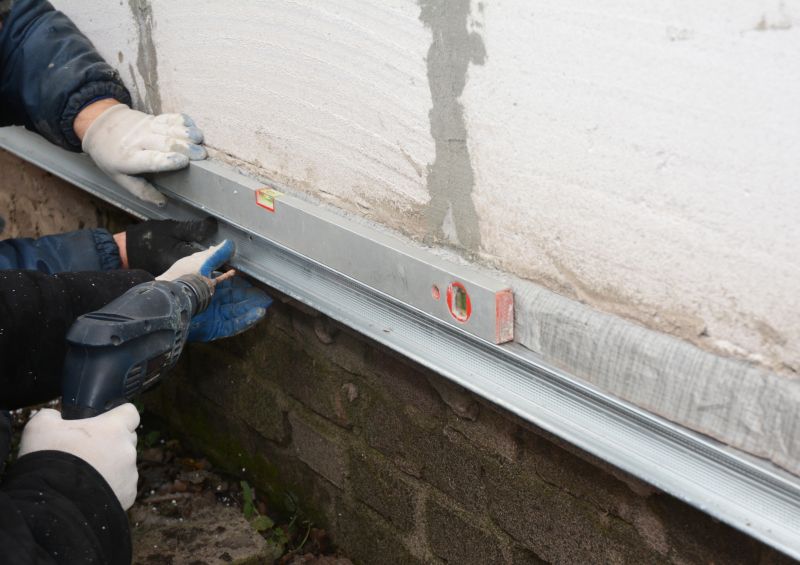
Spring's moderate weather supports effective foundation repair work.
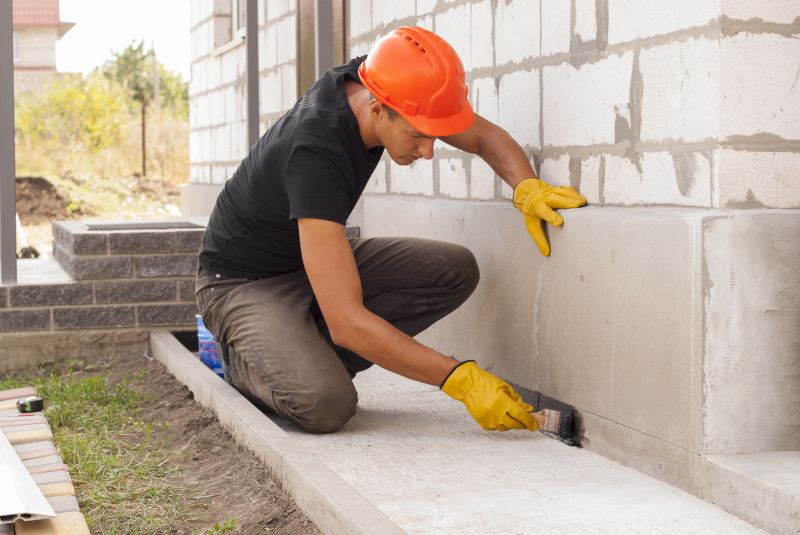
Warm and dry conditions are suitable for foundation repairs.
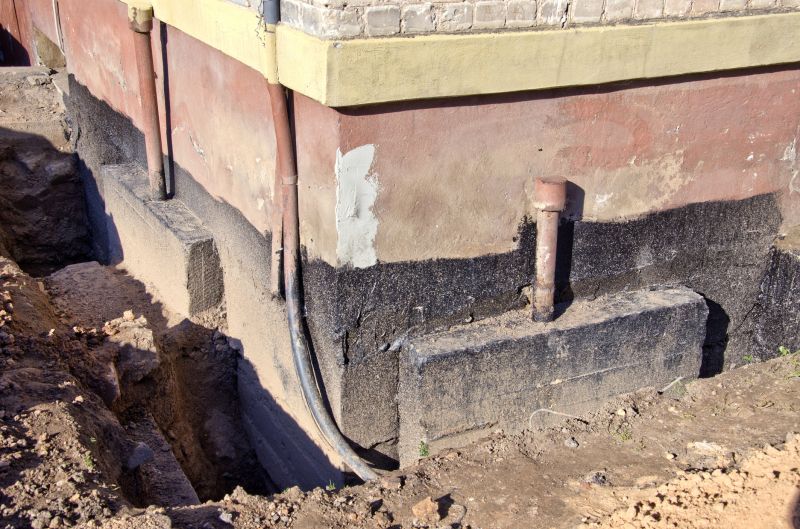
Cooler temperatures make fall a good season for repairs.
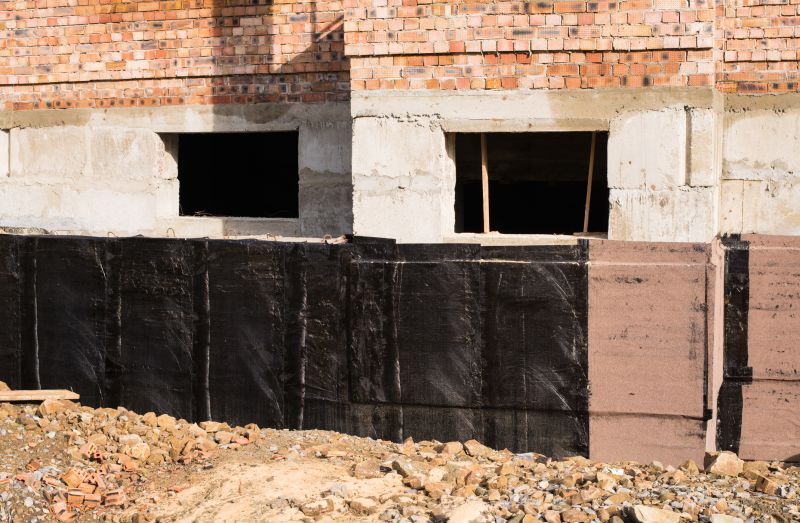
Frozen ground and low temperatures limit repair options in winter.
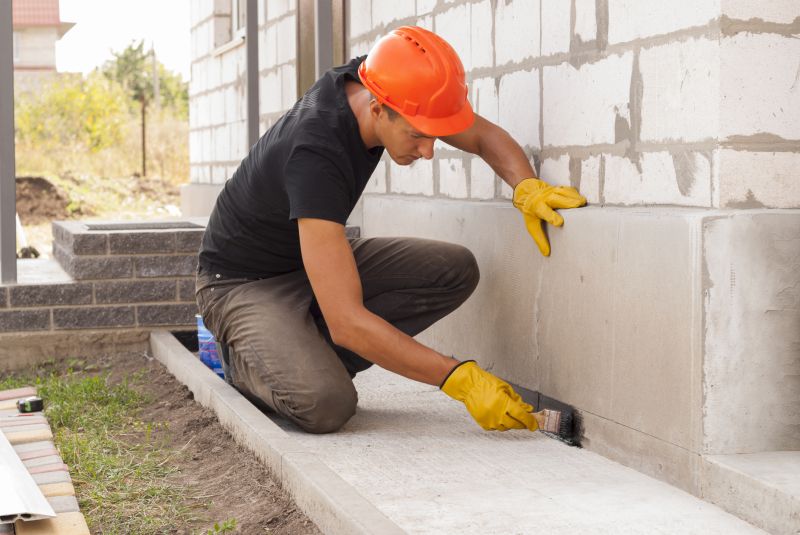
Proper planning during favorable weather ensures successful foundation repairs.
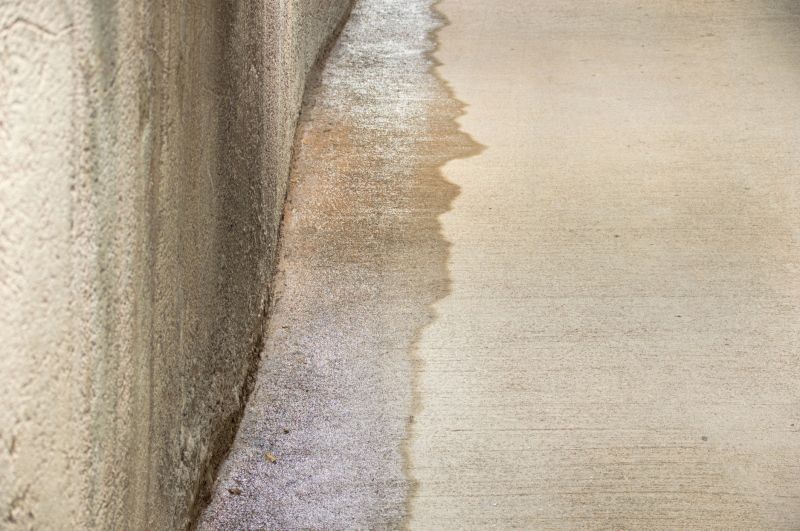
Soil moisture and temperature significantly impact repair effectiveness.
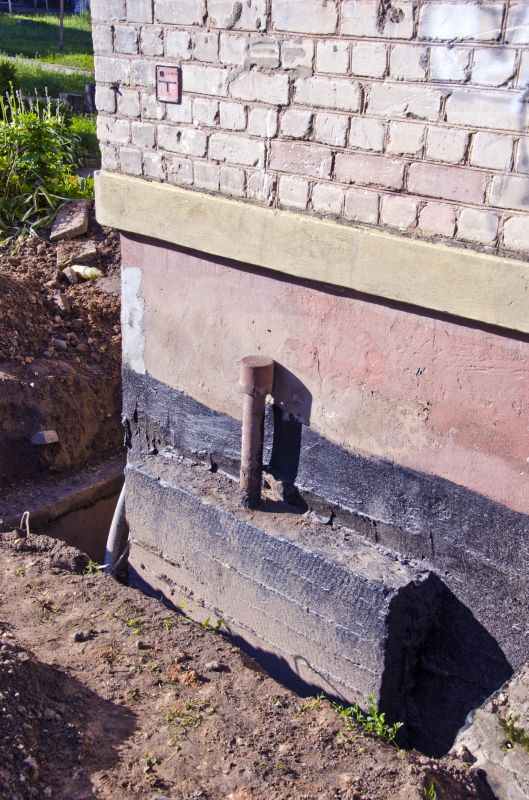
Scheduling repairs during optimal seasons enhances results and durability.
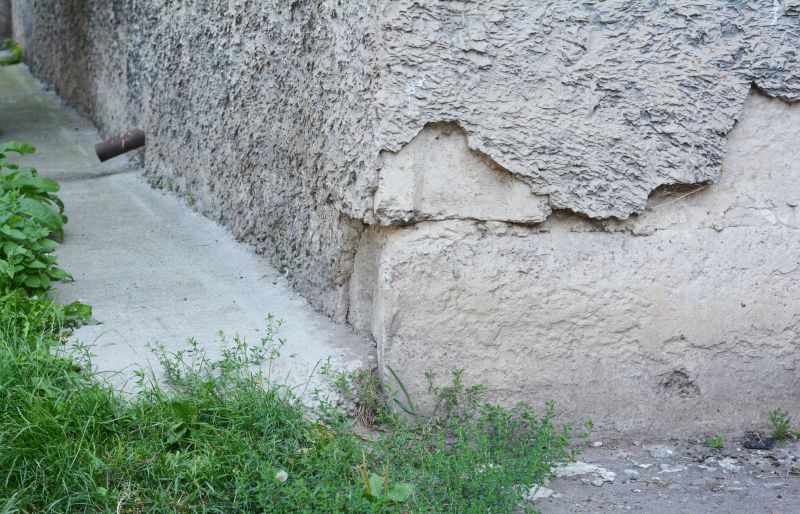
Weather fluctuations can cause delays or complications in foundation work.
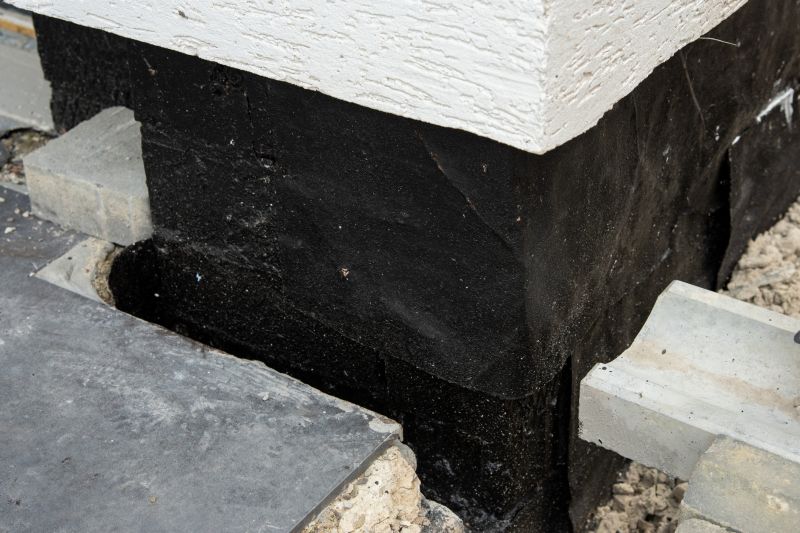
Proper timing ensures the best curing and stabilization of repairs.
| Season | Ideal Conditions |
|---|---|
| Spring | Moderate temperatures, increasing soil moisture |
| Summer | Warm, dry weather, high soil stability |
| Fall | Cooler temperatures, stable soil moisture |
| Winter | Freezing temperatures, frozen ground |
Foundation repairs are critical for maintaining structural integrity and preventing further damage. Soil conditions, weather patterns, and temperature fluctuations influence repair success. Proper timing can reduce costs, minimize delays, and improve long-term stability. It is essential to consider local climate patterns and soil behavior when planning repair projects.
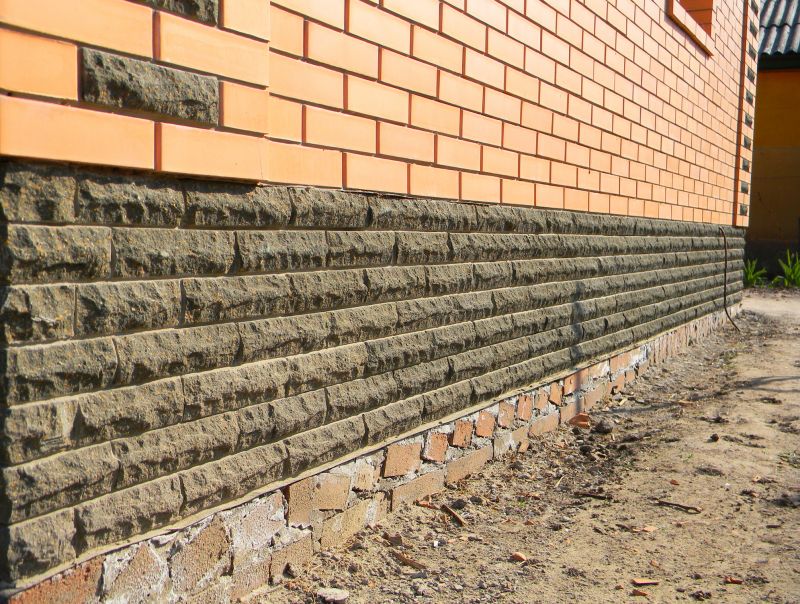
Properly timed repairs ensure effective stabilization.
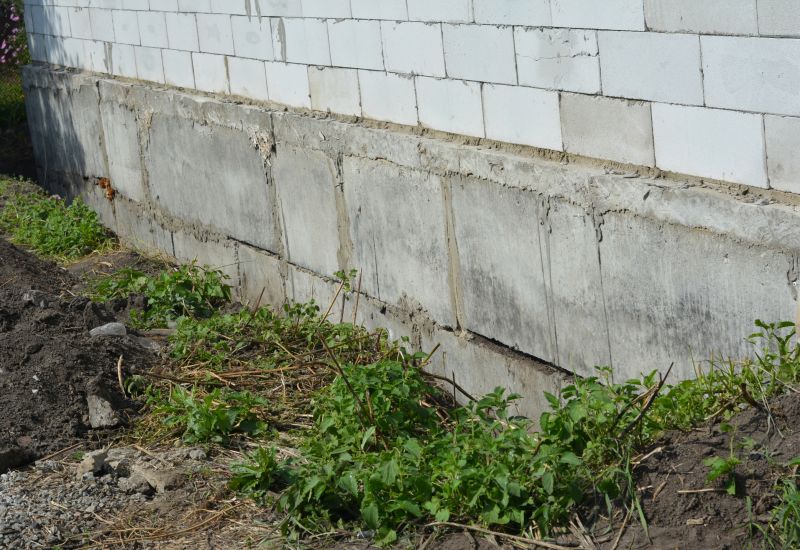
Timing allows for optimal soil and foundation interaction.
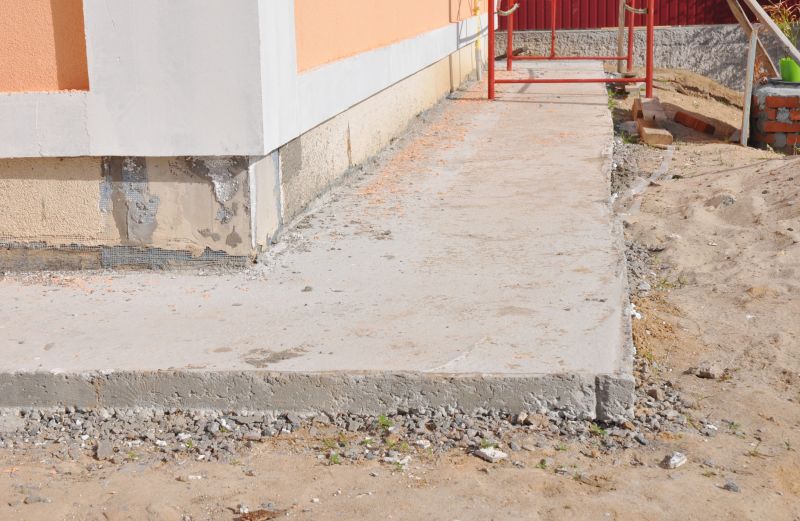
Timely repairs contribute to long-term durability.
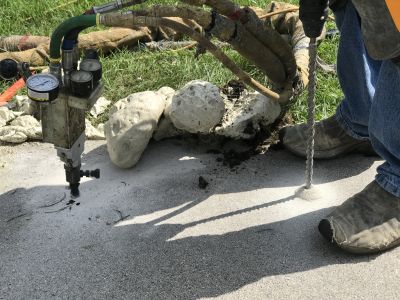
Equipment setup during optimal weather conditions supports quality work.
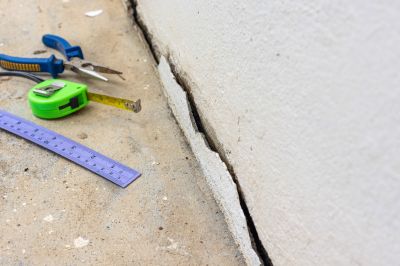
Ways to make Foundation Repairs work in tight or awkward layouts.
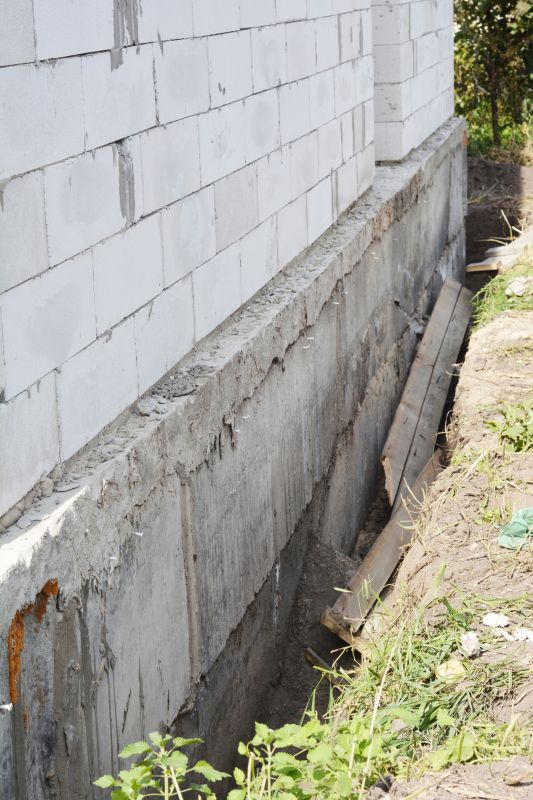
Popular materials for Foundation Repairs and why they hold up over time.
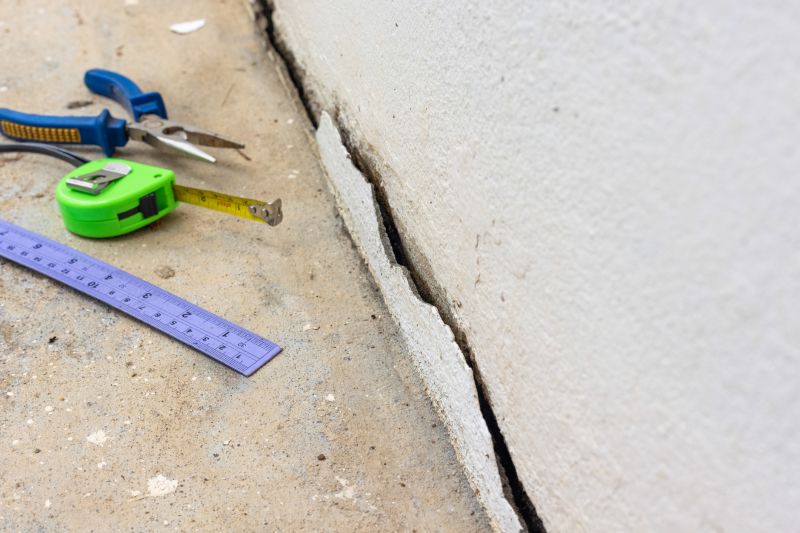
Simple add-ons that improve Foundation Repairs without blowing the budget.
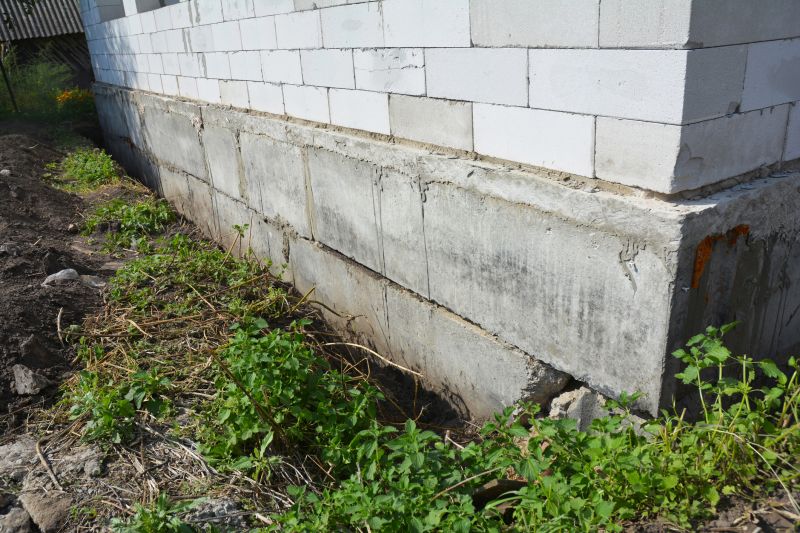
High-end options that actually feel worth it for Foundation Repairs.
If considering foundation repairs, it is recommended to consult with specialists to determine the most suitable timing based on local conditions. Proper scheduling can enhance repair effectiveness and extend the lifespan of the foundation. Interested parties are encouraged to contact for further information and scheduling assistance.



